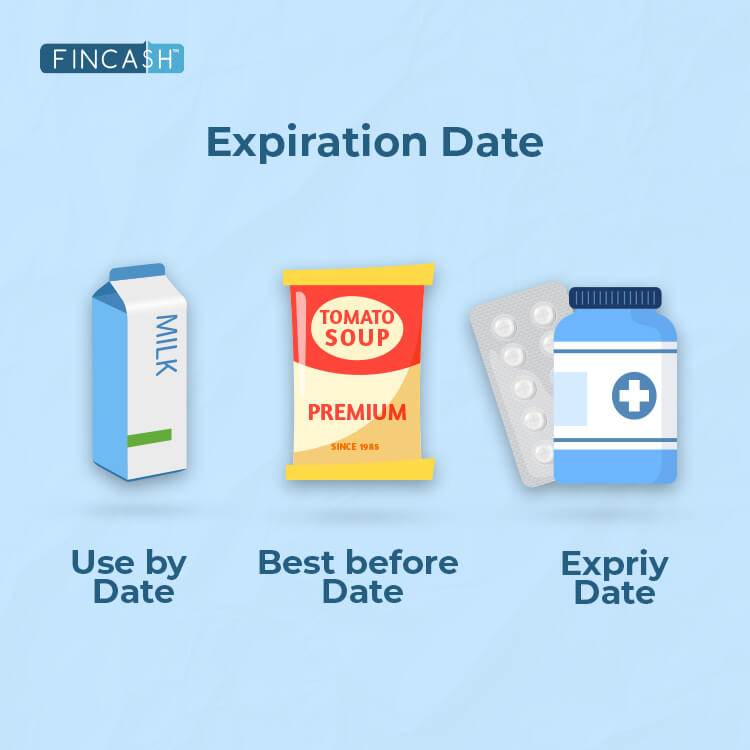
Table of Contents
Defining Expiration Time
Expiration time is pivotal, especially for investors exploring options and derivatives. Understanding the nuances of expiration time is crucial for making informed investment decisions and optimising financial strategies. In the context of financial derivatives like options contracts, expiration time marks the exact moment when the contract loses its validity. Suppose derivatives contracts conclude Out of the Money (OTM) at expiration. In that case, they lose their value, whereas In-The-Money (ITM) contracts undergo evaluation based on the settlement price at expiry.

Comprehending expiration time is essential for investors engaging in the dynamic world of financial markets, particularly Options Trading. The financial landscape is diverse, and the significance of expiration time becomes evident when evaluating the outcome of options contracts at their conclusion. It's crucial to note that expiration time is a more precise parameter than the expiration date and should not be mistaken for the final trading opportunity for that option.
Differences Between Expiration Time and Expiration Date
People, especially new investors, often find it difficult to differentiate between expiration time and date. If you're also sailing in the same boat, here is the correct answer for you:
Expiration Time: Expiration time is when an options contract becomes worthless and invalid. It is more specific than the expiration date, representing the actual expiry of the contract. This time is crucial for determining the contract's fate in Real Time.
Expiration Date: The expiration date is the limit for the option holder to express their intentions regarding the contract. It signifies the last day the contract is valid. While expiration date and time are interconnected, expiration time is when the contract ceases to exist, irrespective of the holder's actions.
Talk to our investment specialist
Understanding Expiration Time in India
For Indian investors delving into the intricacies of expiration time, there are several key aspects to consider:
Regulations and Market Practices: Indian financial markets operate under specific regulations and Market practices. The Securities and Exchange Board of India (SEBI) is vital in setting guidelines for derivatives trading, including options. Investors should be well-versed in these regulations to navigate expiration time effectively.
Options Trading Hours: Expiration time aligns with the trading hours of the respective market. Investors need to know the specific trading hours for options contracts, ensuring they can act or make decisions before expiration.
Risk Mitigation: Expiration time is closely tied to risk mitigation strategies. Investors should incorporate risk management techniques to protect their investments, especially as expiration time approaches. This may involve closing positions, exercising options, or rolling over contracts.
Expiration Time Variations: Different types of options may have varying expiration times. Weekly options, for example, expire more frequently than monthly options. Investors must be attuned to these variations to align their strategies with the specific expiration times relevant to their trades.
Cautions for Indian Investors
When Investing in the market, here are some precautions that you must keep in mind:
Holiday Considerations: Indian financial markets observe holidays that can impact expiration dates and times. Investors should be aware of these holidays and how they may alter the regular options trading and settlement schedule.
Exchange Rules: Each exchange may have its own set of rules regarding expiration time and the final price of the Underlying asset. Investors should acquaint themselves with these rules, clearly understanding the processes involved.
Market Dynamics: After-hours trading can influence the automatic exercise of options contracts. Investors engaging in after-hours trading should be cautious of potential shifts in Market Dynamics and how they might affect options contracts nearing expiration.
Conclusion
For investors navigating the complexities of financial markets, expiration time is critical in the options trading landscape. Understanding its significance, differences in expiration dates, and the specific considerations for the Indian market empowers investors to make knowledgeable decisions and optimise their investment strategies. As the financial ecosystem continues to evolve, being well-versed in expiration time is a valuable asset for any Indian investor seeking success in options trading.
All efforts have been made to ensure the information provided here is accurate. However, no guarantees are made regarding correctness of data. Please verify with scheme information document before making any investment.











